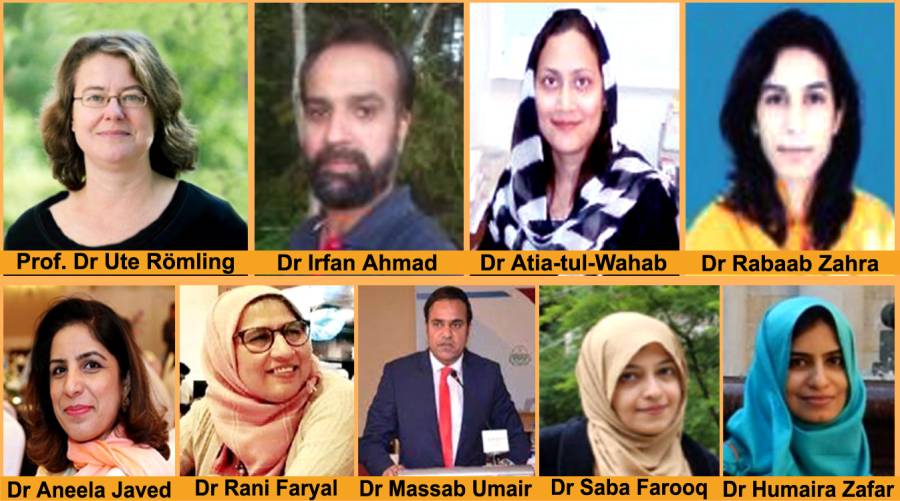
ISLAMABAD: Health professionals participating in a seminar have emphasized the importance of collaborative efforts to control the increasing spread of infectious diseases. The seminar, titled "Infection Related Features of Microorganism," was organized by the Standing Committee on Scientific and Technological Cooperation (COMSTECH) in collaboration with the Karolinska Institute. The experts highlighted the need for joint research between academia and the health sector to find effective ways of curbing the transmission of infectious diseases.
The devastating floods in August 2022 led to a breakout of infectious diseases and malnutrition, affecting approximately eight million flood victims, according to the World Health Organization (WHO). In addition, the annual outbreaks of dengue and malaria pose significant health hazards, resulting in the loss of hundreds of lives. The experts noted that public health risks are on the rise. They attributed climate change-related issues to the damage of infrastructure, stagnant water, and inadequate sanitation facilities, which serve as breeding grounds for mosquitoes. Following the 2022 floods, over half a million malaria cases were reported in 32 flood-affected districts in Pakistan.
During the seminar, Professor Dr Ute Rumling from the department of microbiology, tumor, and cell biology at the Karolinska Institute, highlighted that infectious diseases are a major cause of morbidity and mortality in both developing and industrialized countries. She emphasized that sub-clinical infections gradually impair functionality. Dr Rumling also pointed out that susceptibility to infectious diseases is increasing, with up to 80 percent of human microbial infections caused by biofilm-forming bacteria. Furthermore, microbes in biofilms exhibit tolerance against antibiotics and immune responses. The emergence of new pathogens is attributed to lifestyle changes, industrial processes, altered microbiomes, and immune status.
Professor Dr Shazia Anjum, Dean of the Faculty of Chemical and Biological Sciences at Islamia University, Bahawalpur, underscored the importance of studying this field, as microbes pose a threat to human health. She urged for collaboration and collective efforts in the fight against infectious diseases. Dr Anjum commended COMSTECH's initiatives in capacity-building for healthcare and expressed appreciation for the seminar, providing a platform for individuals in the field to learn, network, and collaborate in combating diseases.
Welcoming participants to the seminar, Professor Dr Mohammad Iqbal Choudhary, Coordinator-General of COMSTECH, stated that infectious diseases are a major threat to human well-being. He lamented the insufficient attention given to this issue despite significant investments in other research areas such as technology. Dr Choudhary highlighted the lack of interest from the pharmaceutical industry in developing antibiotics, emphasizing the need for academics to focus on infectious disease research to address this problem. He stressed the importance of collaborative work in the field of infectious disease research and stated that the seminar aimed to deepen the understanding of infections at the molecular level and facilitate networking and collaboration among researchers.
The seminar was attended by the Ambassador of Yemen, as well as diplomats from Qatar and Uzbekistan. Numerous national and international researchers participated in person and online.


